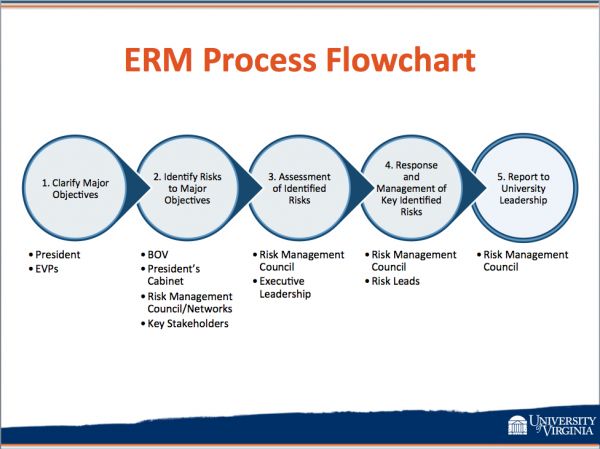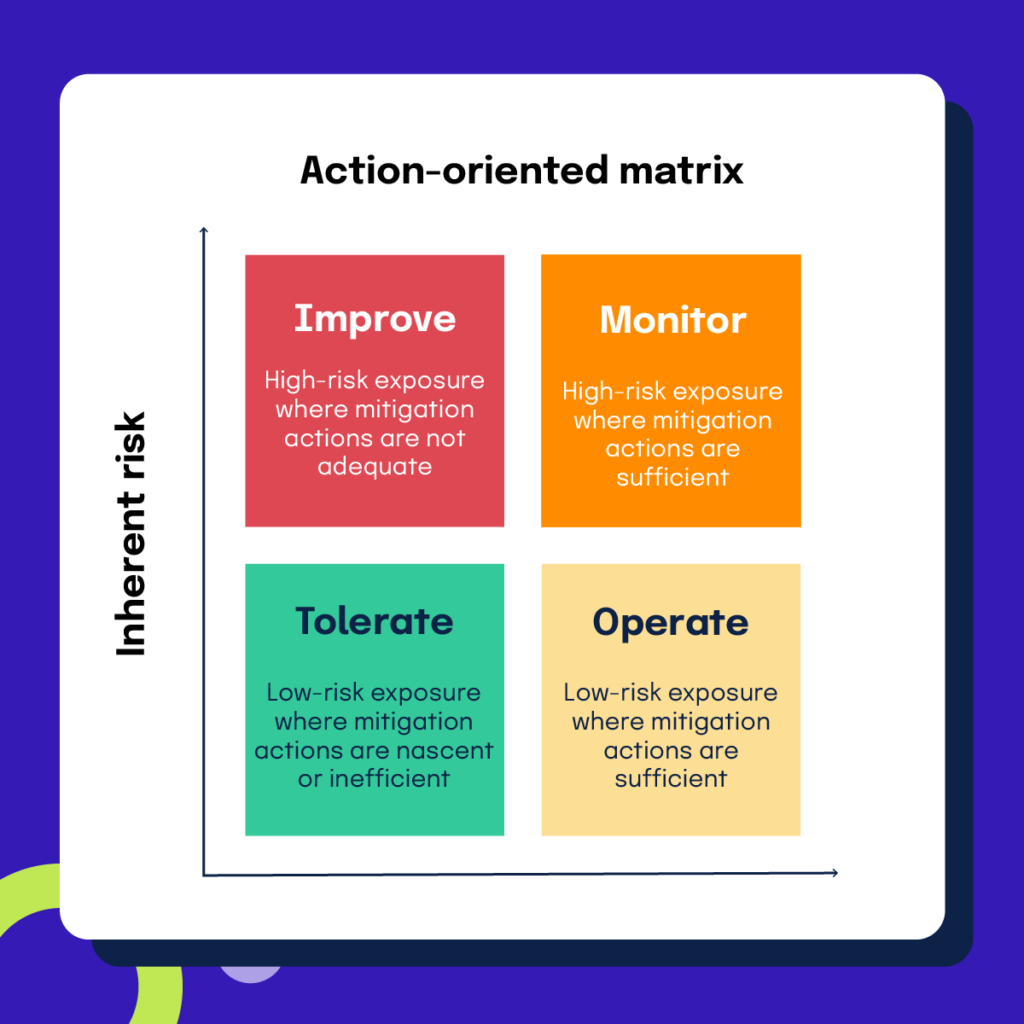Insider threats remain a relevant topic for organizations today
Explore the Role of AI in Promoting Ethics and Stability to Combat Insider Threats Successfully
The combination of AI in business structures has actually become essential in attending to expert risks. By utilizing sophisticated analytics and real-time tracking, AI systems can identify discrepancies from ethical habits among employees (Insider threats). This aggressive technique not just enhances conformity but additionally cultivates an atmosphere of depend on. As companies progressively depend on these modern technologies, concerns occur regarding their efficiency and possible ramifications for workplace culture. What lies in advance in the development of AI's duty in advertising honesty?
Comprehending Expert Threats and Their Effect On Organizations
Although companies often concentrate on external threats, insider risks position a substantial risk that can undermine security and stability. These dangers arise from individuals within the organization, such as staff members or service providers, who might abuse their accessibility to delicate info for individual gain or malicious intent. The influence of insider hazards can be severe, resulting in financial losses, reputational damage, and legal implications.
Aspects adding to expert risks consist of dissatisfaction with the office, lack of oversight, and poor worker training on safety and security methods. Organizations usually have a hard time to determine these risks, as they can be challenging to discover up until considerable damage has occurred. Avoidance techniques should focus on fostering a culture of trust and responsibility, along with implementing durable surveillance and reporting systems. By acknowledging and resolving the intricacies of expert risks, organizations can improve their safety and security pose and secure their valuable properties from interior dangers.
The Development of AI in Work Environment Safety And Security
As companies increasingly confront varied security difficulties, the integration of expert system (AI) in workplace security has actually evolved substantially. Initially, AI applications concentrated primarily on automating basic security methods, such as access control and security. Nevertheless, improvements in maker discovering and data analytics have changed AI into a proactive tool efficient in identifying prospective dangers and susceptabilities in real-time.
Organizations currently utilize AI-driven systems to examine huge amounts of data, enabling them to identify strange habits that may suggest insider dangers. This evolution has actually led to the growth of sophisticated algorithms that can gain from historical occurrences, enhancing the system's anticipating capacities. Additionally, AI devices are increasingly used to streamline case reaction processes, enabling safety teams to act quickly and effectively.
How AI Monitors Worker Behavior for Ethical Compliance
Expert system plays a crucial role in monitoring worker actions to ensure ethical conformity within companies. AI systems analyze large amounts of data created by workers, consisting of interactions, deals, and accessibility to delicate information. By employing sophisticated algorithms, these systems can identify inconsistencies from established honest standards and firm plans.
Artificial intelligence versions continually adjust to recognize patterns of actions that may suggest moral violations, such as unauthorized information accessibility or unusual purchase activities. Insider threats. Furthermore, AI-driven devices can provide real-time signals to management, facilitating prompt treatments when potential risks are spotted
The combination of AI right into conformity surveillance not just boosts the organization's capacity to support honesty but additionally promotes a culture of accountability among employees. By promoting openness, AI systems work as a deterrent against underhanded behavior, guaranteeing that staff members stay lined up with moral requirements and business values.
Examining Patterns: Determining Risky Habits With AI
An expanding number of organizations are leveraging AI to examine patterns that may suggest dangerous habits among staff members. By making use of sophisticated algorithms, these systems can look with substantial quantities of information, recognizing abnormalities in user actions that can recommend prospective insider hazards. AI can spot unusual accessibility patterns to delicate details, such as employees accessing files outside their normal range of work or throughout atypical hours. Furthermore, behavior analytics can highlight constant modifications in a staff member's interaction design or cooperation habits, which might indicate underlying problems. This aggressive method enables organizations to identify risk aspects prior to they intensify into substantial threats. As a result, the combination of AI into keeping an eye on methods not just enhances safety and security yet likewise promotes a culture of responsibility and moral actions. By determining these patterns, organizations can much better understand the behavior characteristics within their workforce, inevitably promoting a more secure and a lot more ethical work atmosphere.
Real-Time Insights: Immediate Actions to Prospective Threats
Real-time insights with anticipating analytics and automated alert systems play an important function in addressing possible threats to values and honesty. By leveraging these modern technologies, organizations can anticipate dangerous actions and respond without delay to reduce threats. This aggressive strategy enhances responsibility and fosters a culture of integrity in various settings.
Anticipating Analytics Applications

Automated Alert Solutions
Anticipating analytics supplies a foundation for organizations to improve their responsiveness to ethical worries via automated sharp systems. These systems use real-time information to check tasks, finding anomalies that might represent prospective insider risks. By leveraging equipment discovering algorithms, automated signals can identify patterns of behavior that drift from developed standards, permitting swift intervention. This immediacy is necessary in mitigating threats connected with dishonest techniques. Automated sharp systems can enhance communication amongst appropriate stakeholders, making certain that potential hazards are addressed without delay and effectively. As organizations increasingly count on AI-driven services, the assimilation of automated alert systems will play a critical role in cultivating a society of ethics and honesty, eventually protecting business possessions.
Cultivating a Society of Count On Through AI-Driven Transparency
AI-driven transparency can greatly boost trust within companies by promoting responsibility and open communication. With real-time monitoring options, stakeholders can acquire understandings into procedures and decision-making, promoting a culture of honesty. Data-driven decision-making additionally supports this openness, enabling informed selections that straighten with moral criteria.
Enhancing Openness and Accountability
How can visite site companies properly cultivate a culture of trust? By improving transparency and responsibility through the calculated use synthetic intelligence. AI can assist organizations systematically track decision-making processes, making sure that activities line up with well-known moral requirements. This openness enables employees to see the rationale behind choices and plans, minimizing uncertainty and fostering a feeling of fairness. In addition, AI-driven tools can assist in clear communication pertaining to assumptions and obligations, empowering individuals to take possession of their activities. As liability comes to be ingrained in the business society, staff members are more probable to engage in ethical habits, recognizing their actions are checked and assessed. Eventually, this approach cultivates an environment where depend on can thrive, significantly minimizing the threat of insider risks.
Real-Time Surveillance Solutions
As companies significantly seek to cultivate a culture of depend on, real-time surveillance services become a critical tool in boosting openness. These AI-driven systems constantly track tasks, providing understandings into user habits and prospective abnormalities that might suggest expert hazards. By implementing such tracking services, organizations can proactively find here recognize threats, guaranteeing punctual actions to suspicious activities. This not only safeguards sensitive details yet likewise strengthens a dedication to honest techniques. The transparent nature of real-time tracking helps construct worker self-confidence, as individuals are conscious that their actions are being observed for the higher good. Ultimately, these options offer to grow a workplace setting grounded in trust fund, liability, and moral stability, necessary for reducing insider risks successfully.

Data-Driven Decision Making
Real-time surveillance options prepared for data-driven decision production, which substantially boosts business transparency. By leveraging AI technologies, organizations can examine substantial quantities of data to recognize patterns and abnormalities a sign of prospective expert hazards. This analytical approach makes it possible for stakeholders to make enlightened choices grounded in empirical evidence, fostering a society of count on amongst workers. Openness in decision-making procedures, reinforced by AI-driven insights, urges responsibility and ethical habits. In addition, it allows organizations to proactively deal with vulnerabilities, making certain that actions taken are justified and communicated clearly. Consequently, the application of data-driven methods not just reduces threats connected with insider threats yet likewise strengthens the worths of honesty and moral conduct within the business framework.
Future Patterns: The Function of AI in Enhancing Workplace Ethics
While companies significantly turn to expert system for functional performance, the capacity of AI to improve workplace ethics is obtaining prominence. Future trends show that AI will certainly play an important duty in developing ethical frameworks and guidelines, permitting companies to browse complex moral dilemmas. By evaluating large quantities of information, AI can determine patterns of dishonest actions and offer insights that advertise openness and accountability.
Furthermore, AI-driven tools can facilitate real-time surveillance of worker communications, assuring adherence to moral requirements. This positive technique not only minimizes expert hazards however also cultivates a culture of stability. As organizations welcome AI innovations, they have to likewise prioritize honest shows and algorithmic predisposition reduction to assure fairness.
In this advancing landscape, the integration of AI in honest techniques represents a transformative shift, cultivating an atmosphere where stability is not just anticipated yet systematically reinforced.
Often Asked Questions
How Does AI Differentiate In Between Benign and Malicious Actions?
AI differentiates in between benign and destructive actions by evaluating patterns in user behavior, employing equipment learning algorithms to recognize abnormalities, and reviewing contextual data to determine whether activities line up with well-known standards or display prospective threats.
Can AI Equipment Replace Human Being Judgment in Ethical Decision-Making?
AI tools can not completely change human judgment in moral decision-making. While they can analyze data and identify patterns, the nuanced understanding of context, worths, and ethical ramifications still needs human understanding and discernment.
What Are the Personal Privacy Ramifications of AI Checking Employee Actions?

Exactly How Can Organizations Guarantee AI Algorithms Are Morally Developed?
Organizations can ensure AI formulas are ethically developed by executing transparent growth processes, entailing diverse stakeholders, performing normal audits, and adhering to well-known honest structures that prioritize fairness, liability, and regard for customer personal privacy and rights.
What Training Is Needed for Staff to Recognize Ai's Moral Duty?
Personnel training should incorporate foundational AI values, data privacy, and predisposition recognition. Workshops, study, and interactive sessions can boost understanding, guaranteeing workers acknowledge AI's moral implications and its function in promoting stability within the organization.
Synthetic intelligence plays a crucial duty in checking employee actions to ensure moral compliance within organizations. The combination of AI into keeping an eye on methods not just improves security but additionally cultivates a culture of accountability and ethical behavior. While companies increasingly deal with honest predicaments and possible stability breaches, predictive analytics applications use timely understandings that can assist reduce these risks. home Predictive analytics offers a structure for organizations to boost their responsiveness to moral concerns with automated alert systems. Future patterns suggest that AI will play a crucial function in establishing ethical frameworks and guidelines, permitting companies to navigate complicated moral dilemmas.